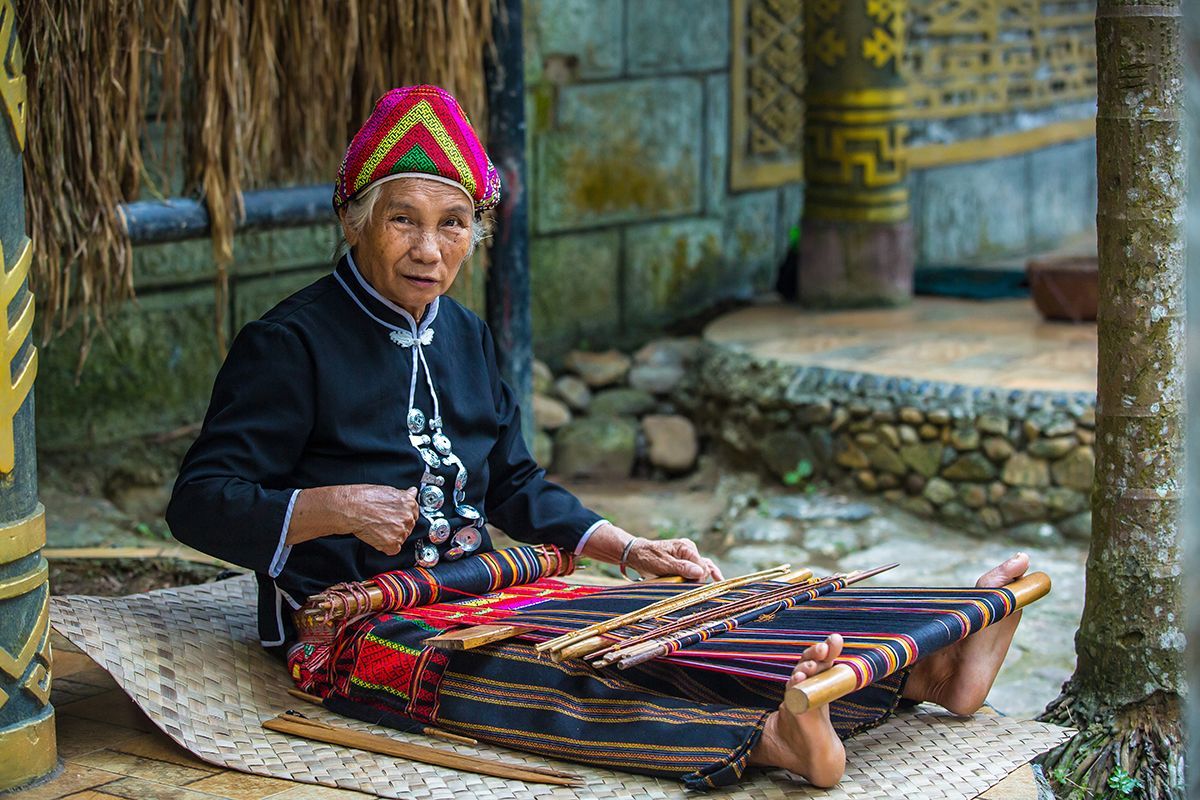© This article is an extract from Paul Hattaway's epic 656-page China’s Book of Martyrs, which profiles more than 1,000 Christian martyrs in China since AD 845, accompanied by over 500 photos. You can order this or many other China books and e-books here.
1902 - Si Qinglan
July 8, 1902
Hongdong, Shanxi
Pastor and elders of the Hongdong Church in the late 1890s, including Elder Si.
One of the most beloved Chinese church leaders in Shanxi Province in the late 19th and early 20th century was Si Qinglan, who after his conversion was commonly known as Elder Si. Born in a village near the large town of Hongdong, Si’s family was one of the wealthiest in the area but the curse of opium addiction reduced them from riches to rags. Si Qinglan followed in his father’s footsteps, and by the age of 16 he too had become a drug addict.
After 11 years of smoking opium every day, Si’s health deteriorated. He finally got to a point of desperation, and visited a neighbour whom he had heard had found deliverance from the cursed drug. Si humbled himself and admitted himself to an opium refuge.
Si presumed the Christians had some kind of magic potion which could immediately heal him and take away his cravings for the drug. He was subsequently shocked when he was told to pray to God for help. He later testified, “I was told to pray; at first I did not understand; however, that night I began to pray, and went on about half the night, asking God to help me. God did greatly help me, and my cure was affected.”[1] Over the next several weeks Si not only grew less dependent on opium, but his heart warmed to the gospel that he heard preached daily in the chapel associated with the refuge. He surrendered to the Lord Jesus Christ, and soon led his own family into the faith. His father, who had been an opium addict for 40 years, came into God’s light and was gloriously saved and delivered of his addiction.
Not content to keep all the blessings to himself and his own family, Si Qinglan decided to open an opium refuge in the neighbouring village of Zhaocheng. For several years he laboured there, leading many souls into the kingdom of God. One report noted, “The idols have been put away from hundreds of homes in the district, and in many villages the work of God has been much blessed.”[2] The effectiveness of Si’s ministry led to him being ordained an elder of the Hongdong Church, and after Pastor Xi Shengmo died in 1896, he was unanimously appointed to take over the leadership of all the opium refuges. This upset two older Christian men who had envisioned themselves taking over the important job. One man launched a vicious attack on Si, publicly accusing him of unfaithfulness and of being motivated by personal ambition. The beautiful manner in which he responded to these accusations spoke volumes about Elder Si’s character:
“Si, ever a gentle man, was more ready to retire than resist this attack…. His chief accuser was ere long involved in somewhat serious debt which Si nobly paid for him. Not long after this his accuser died leaving a widow and three children quite unprovided for. Who should prove the widow’s friend but the much-maligned Si, who took the widow and three children into his own home until some provision could be made for them. Thus did this erstwhile heathen exemplify the teachings of Jesus Christ. And this is but one example of many Christ-like actions.”[3]
When the Boxer Rebellion commenced in May 1900, Elder Si was one of the first to be targeted because he was so well-known throughout the region. On May 14th an armed mob attacked his home. Si barricaded himself inside, but when the Boxers set fire to the house he was compelled to come out into the courtyard, where he was beaten almost senseless. The house was then looted, but when the men found little of value their anger intensified and again turned on the defenceless Christian, “one man stabbing him in the abdomen, while others lit a fire to burn him.”[4] Elder Si pleaded for his life, and convinced the brutal men to spare him. For weeks he lay near death in the hospital run by missionary Dr. Millar Wilson, who himself was martyred by the Boxers a short time later. By July, Elder Si had somewhat recovered and moved back into his home, just before a new wave of Boxer attacks were launched. This time the home was completely destroyed. Homeless and destitute,
“physically and nervously shattered, he yielded at length to the prolonged anguish of persecution and recanted. Like Peter, this was followed by deep contrition and repentance, and he requested the Chinese Christians that they would no longer address him as Elder, to which request however they refused to listen.”[5]
Although he survived the Boxer year, the sword cut to his abdomen caused countless physical problems over the next two years. In 1902 his health worsened, and on July 8, 1902, Elder Si Qinglan died from his injuries. He left behind a widow and three children.

1. “In Memoriam—Elder Si, of Hung-tung,” China’s Millions (November 1902), 154.
2. “In Memoriam—Elder Si,” 154.
3. “In Memoriam—Elder Si,” 154.
4. “In Memoriam—Elder Si,” 154.
5. “In Memoriam—Elder Si,” 154.




